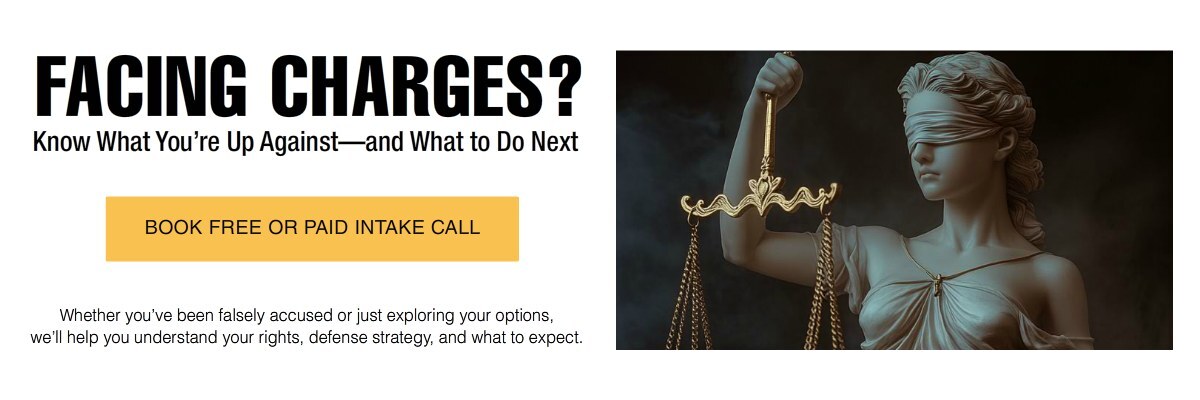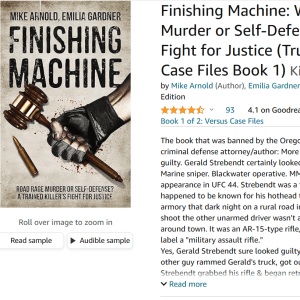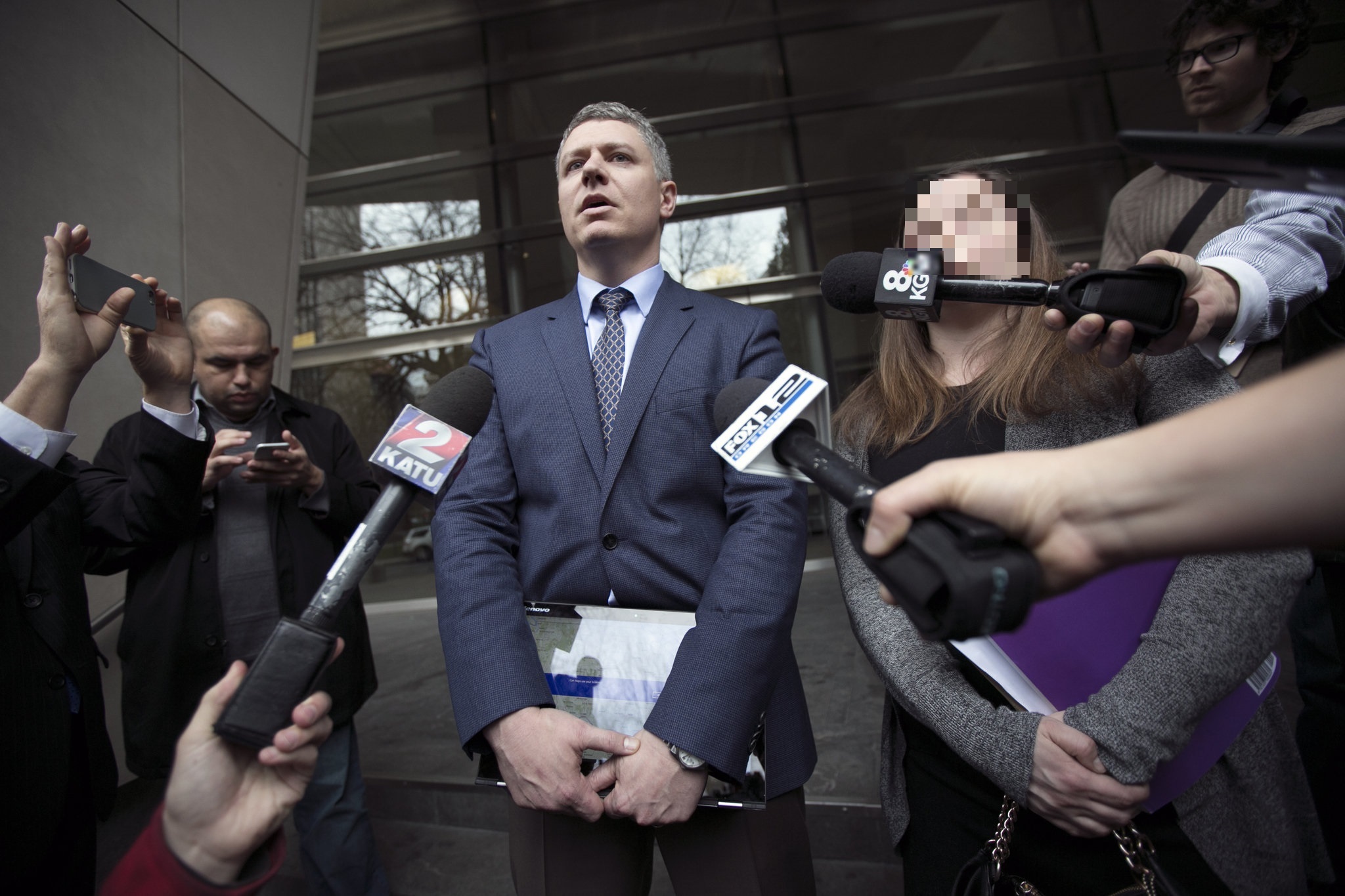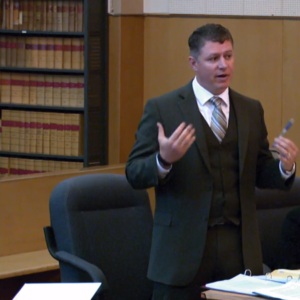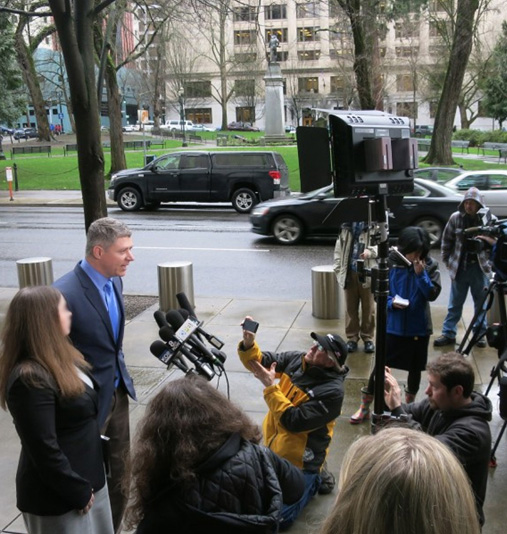The Most Famous Trial in History
Sep 12, 2025 Famous Trials & Legal History, Storytelling & Strategy
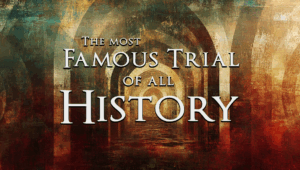
Watch The Most Famous Trial of all History on YouTube – (4 min)
Let’s talk about the most famous trial of all time.
It wasn’t televised. It didn’t have a star defense attorney. It didn’t even follow its own rules. It was the trial of Jesus Christ—and if you’ve ever wondered what a miscarriage of justice looks like, start there.
Most people don’t think of it as a legal proceeding. But that’s exactly what it was. It had accusations. It had a tribunal. It had a sentence. And from every angle—Jewish law, Roman law, basic human decency—it was rigged.
Jesus was accused of blasphemy, but blasphemy wasn’t enough to get a death sentence under Roman rule. So the charges shifted. The narrative changed. Suddenly, it wasn’t about religious offense. It became treason. They said He was calling Himself a king—a rival to Caesar. That’s how they got the state involved.
The Sanhedrin acted like prosecutors, but with no interest in truth. They rounded up false witnesses. They rushed the process. It was a trial by mob, more than law. And when the case finally reached Pontius Pilate—the Roman governor, the man with actual legal authority—he basically shrugged. He didn’t find Jesus guilty. But he handed Him over anyway.
Pilate literally washed his hands of it. He left it to the crowd. And they chose to free Barabbas—a known revolutionary—instead. That wasn’t justice. That was fear. That was politics. That was a leader with power who didn’t have the spine to use it fairly.
And here’s the thing: Jesus was innocent. Not just of the charges—but truly innocent in every sense. And still, He was convicted and killed. If that can happen to the most innocent man to ever walk the earth, what hope do regular people have?
At our law firm, we see this all the time. False accusations. Overcharged cases. Defendants whose lives are wrecked before they even get to tell their side. When you’re accused of something you didn’t do, or something way worse than what really happened, it’s terrifying. You’re humiliated. You might lose your job, your reputation, your kids, your freedom. All because someone said something—and the system gave it weight.
That’s why we use the trial of Christ as a model—not for how to run a courtroom, but for how to endure suffering. How to carry your cross. How to hold your head up even when the world gets it wrong. Clients come to us desperate, grieving, scared. And we tell them: don’t waste this pain. Let it shape you.
Because when you’re going through a public accusation, you’re carrying a heavy, visible burden. You can come out the other side bitter and broken—or you can come out chiseled, tempered, stronger. You can learn your case inside and out. You can become an asset to your own defense. You can strengthen your mind, your body, your soul. That part is up to you.
The trial of Christ isn’t just a story of injustice—it’s a mirror. It shows us what happens when fear wins, when truth gets drowned out, when the process collapses under public pressure. It’s a reminder that the law isn’t always fair. And it’s a call to do better.
Because if we want a just society, we don’t get there by accident. We get there by fighting for truth. By refusing to be Pilate. By being the voice that says: this isn’t right. Not this time.








